BLACK HISTORY MONTH
ANTI-RACISM RESOURCES
Blank
Hide this content
Resources for Kids
Study Guide
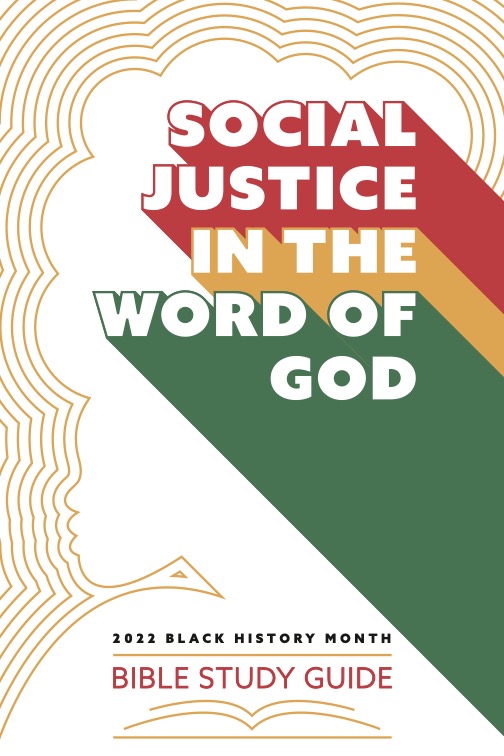
Social Justice in the Word of God
Books
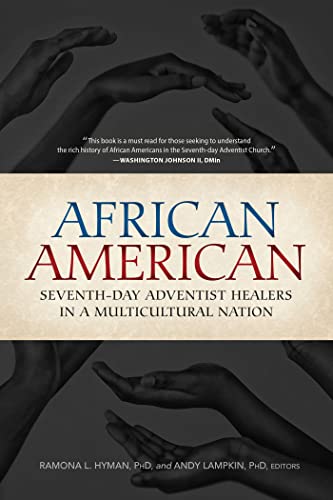
African American Seventh-day Adventist Healers in a Multicultural Society
Dr. Ramona L. Hyman PhD, and Andy Lampkin PhD (Editors)
This book tells about the experience of black Seventh-day Adventists amid the painful history of racial and social discrimination; it chronicles their struggles and showcases their love for their church and fellow human beings and the profound influence of their faith.
The authors of this collection of essays write with deep knowledge of the history, the theology, and the spiritual journey, which has proved that it is better to heal than to hurt, to hold onto hope over despair, and to spread love instead of hate.
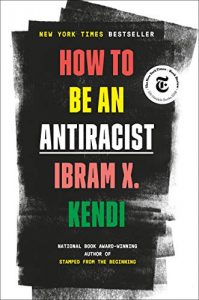
How to Be An Antiracist
by Ibram Kendi
Antiracism is a transformative concept that reorients and reenergizes the conversation about racism—and, even more fundamentally, points us toward liberating new ways of thinking about ourselves and each other.
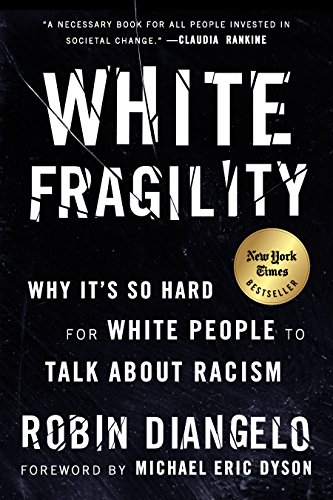
White Fragility: Why It's So Hard for White People to Talk About Racism
by Robin DiAngelo
In this “vital, necessary, and beautiful book” (Michael Eric Dyson), antiracist educator Robin DiAngelo deftly illuminates the phenomenon of white fragility and “allows us to understand racism as a practice not restricted to ‘bad people’ (Claudia Rankine). Referring to the defensive moves that white people make when challenged racially, white fragility is characterized by emotions such as anger, fear, and guilt, and by behaviors including argumentation and silence. These behaviors, in turn, function to reinstate white racial equilibrium and prevent any meaningful cross-racial dialogue.
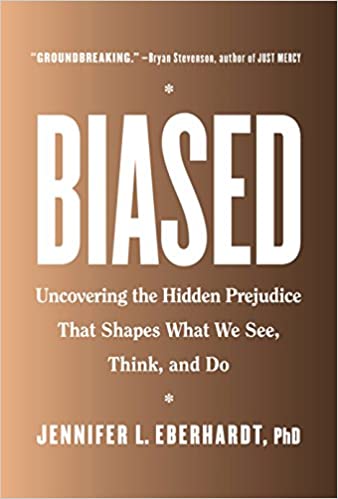
Biased: Uncovering the Hidden Prejudice That Shapes What We See, Think, and Do
by Jennifer L. Eberhardt, PhD
From one of the world’s leading experts on unconscious racial bias, a personal examination of one of the central controversies and culturally powerful issues of our time, and its influence on contemporary race relations and criminal justice.
Excerpt from the book: To end racial disparities in policing, we must look beyond the data
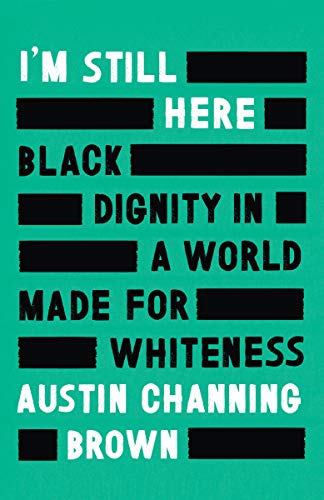
I'm Still Here: Black Dignity in a World Made for Whiteness
by Austin Channing Brown
In a time when nearly all institutions (schools, churches, universities, businesses) claim to value “diversity” in their mission statements, I’m Still Here is a powerful account of how and why our actions so often fall short of our words. Austin writes in breathtaking detail about her journey to self-worth and the pitfalls that kill our attempts at racial justice, in stories that bear witness to the complexity of America’s social fabric–from Black Cleveland neighborhoods to private schools in the middle-class suburbs, from prison walls to the boardrooms at majority-white organizations.
Critical Race Theory: The Cutting Edge. Delgado, Richard. (1995).
Contemporary Philosophy of Social Science: A Multicultural Approach. Fay, Brian. (1996).
Talking to strangers: What we should know about the people we don’t know. Gladwell, Malcolm. (2019).
Reader for Race and Ethnicity. O’Connell, Chuck. (2003).
The Broken Ladder: How inequality affects the way we think, live, and die. Payne, Keith (2017).
Embracing Diversity: How to Understand and Reach People of All Cultures. Pollard, Leslie N. ed. (2000).
Religion and the Creation of Race and Ethnicity: An Introduction. Prentiss, Craig R. ed. (2003).
Jesus and the Disinherited. Thurman, Howard. (1976).
Exclusion & Embrace: A theological exploration of identity, otherness, and reconciliation. Volf, Miraslov. (2019).
Race Matters. West, Cornel. (1993).
“If the founders were correct, contemporary America’s pursuit of political leadership without character, economic enterprise without ethics and trust, scientific progress without human values, freedom without virtue and negative freedom without positive freedom can end only in disaster.”
I Am Not Your Negro. James Baldwin. (2017).
“For a very long time, America prospered: this prosperity cost millions of people their lives. Now, not even the people who are the most spectacular recipients of the benefits of this prosperity are able to endure these benefits: they can neither understand them nor do without them. Above all, they cannot imagine the price paid by their victims, or subjects, for this way of life, and so they cannot afford to know why the victims are revolting. This is a formula for a nation’s or a kingdom’s decline, for no kingdom can maintain itself by force alone.”
Movies
As we do the work of educating ourselves, we may encounter language, content and scenes that make us uncomfortable. This comes with exposing ourselves to non-normative narratives. Viewer and listener discretion is necessary.
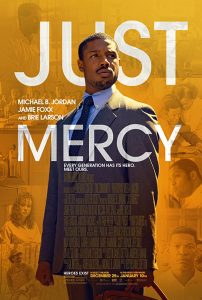
Just Mercy
World-renowned civil rights defense attorney Bryan Stevenson works to free a wrongly condemned death row prisoner.
Based on the book by Bryan Stevenson, founder of the Equal Justice Initiative.
Rated PG-13 for thematic content including some racial epithets.
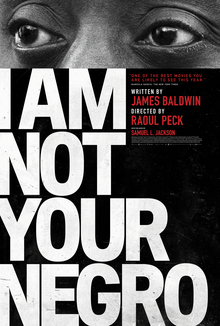
I Am Not Your Negro
Raoul Peck envisions the book James Baldwin never finished — a radical narration about race in America, through the lives and assassinations of three of his friends: Martin Luther King Jr., Medgar Evers and Malcolm X. using only the writer’s original words.
Based on the Book by James Baldwin.
Rated PG-13 for disturbing violent images, thematic material, language and brief nudity.
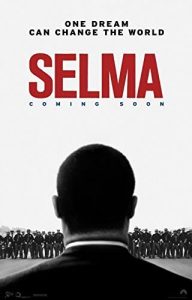
Selma
A film that chronicles the marches of the Civil Rights Movement. From the Oscar-winning producers of 12 Years a Slave and acclaimed director Ava DuVernay comes the true story of courage and hope that changed the world forever.
Available as a FREE rental on Amazon.
Rated PG-13 for disturbing thematic material including violence, a suggestive moment, and brief strong language.
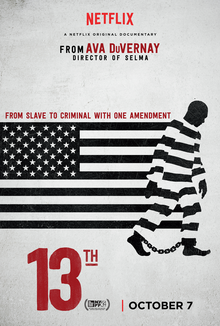
13th
Combining archival footage with testimony from activists and scholars, director Ava DuVernay’s examination of the U.S. prison system looks at how the country’s history of racial inequality drives the high rate of incarceration in America.
Netflix Original, but also available for FREE on YouTube.
Rated TV-MA.
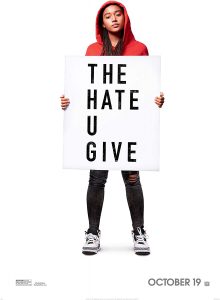
The Hate U Give
Available as a FREE rental on Amazon.
Rated PG-13 for mature thematic elements, some violent content, drug material and language.
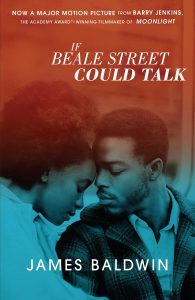
If Beale Street Could Talk
A young woman embraces her pregnancy while she and her family set out to prove her childhood friend and lover innocent of a crime he didn’t commit.
Based on the book by James Baldwin.
Rated R for language and some sexual content.
Consider this, when seeking out movies to understand the “black experience”:
“The civil rights movement was complex and vast and included white heroes as well as black ones. And obviously, if you portray all whites as villains and racists, then you’re not presenting a full or accurate picture. But if you make a movie about Jim Crow that is all about white people saving black people, and that movie has a happy ending, then you are being reductive, and you are downplaying the idea that African-Americans had any agency in their own destinies. You are, as was the case with the creators of the movie version of The Help, co-opting the black experience.” Sheila O’Malley, Politico.
Statements from Adventist Institutions
Articles
Video
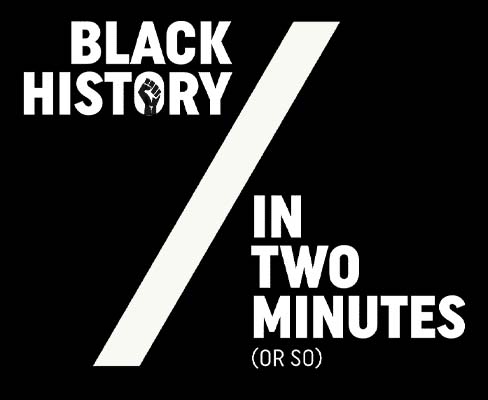
BLACK HISTORY IN TWO MINUTES (OR SO)
Black History in Two Minutes (or so) is the new way to immerse yourself in Black History. The digital video series features dozens of short, engaging and factually accurate videos about important historical events or people who have shaped American history.
Perspectives on Christian reactions to racism, violence and protest
President Joy Fehr speaks with Dr. Maury Jackson, Assistant to the President for Diversity and Associate Professor of Practical Theology concerning perspectives on Christian reactions to the murder of George Floyd, systemic racism, violence and laws, as well as Adventism’s calling and a reminder of what we are to be and to do. The university will also provide a forum in the near future for students in which they can voice their concerns.
TED Talk: The Danger of a Single Story
Our lives, our cultures, are composed of many overlapping stories. Novelist Chimamanda Adichie tells the story of how she found her authentic cultural voice — and warns that if we hear only a single story about another person or country, we risk a critical misunderstanding.
TED Talk: Center for Policing Equity
What if science could eliminate racial bias in policing?
INDIVISIBLE: Covid Corruption Ep. 3
We created this episode so that people — and especially white people — can learn from Black experts about the history of policing in America, the impact police violence has on Black communities, and what the world could look like if we took money out of police budgets and put it into the things people really need, like clean water, well-funded schools, and more. We also wanted to keep the focus squarely on the core of the ongoing protests, which is the violence police inflict on Black people and communities.
Podcasts
Revisionist History
A three-part miniseries taking a critical look at the idea of capitalization—the measure of how well America is making use of its human potential.
Season 1, episode 4: Carlos Doesn’t Remember. Carlos is a brilliant student from South Los Angeles. He attends an exclusive private school on an academic scholarship. He is the kind of person the American meritocracy is supposed to reward. But in the hidden details of his life lies a cautionary tale about how hard it is to rise from the bottom to the top—and why the American school system, despite its best efforts, continues to leave an extraordinary amount of talent on the table.
Season 1, episode 5: Food Fight. Bowdoin College in Maine and Vassar College in upstate New York are roughly the same size. They compete for the same students. Both have long traditions of academic excellence. But one of those schools is trying hard to close the gap between rich and poor in American society—and paying a high price for its effort. The other is making that problem worse—and reaping rewards as a result.
Season 1, episode 6: My Little Hundred Million. In the early ’90s, Hank Rowan gave $100 million to a university in New Jersey, an act of extraordinary generosity that helped launch the greatest explosion in educational philanthropy since the days of Andrew Carnegie and the Rockefellers. But Rowan gave his money to Glassboro State University, a tiny, almost bankrupt school in South Jersey, while almost all of the philanthropists who followed his lead made their donations to elite schools such as Harvard and Yale. Why did no one follow Rowan’s example?
Scene On Radio: Seeing White
Just what is going on with white people? Police shootings of unarmed African Americans. Acts of domestic terrorism by white supremacists. The renewed embrace of raw, undisguised white-identity politics. Unending racial inequity in schools, housing, criminal justice, and hiring. Some of this feels new, but in truth it’s an old story.
Why? Where did the notion of “whiteness” come from? What does it mean? What is whiteness for?
Scene on Radio host and producer John Biewen took a deep dive into these questions, along with an array of leading scholars and regular guest Dr. Chenjerai Kumanyika, in this fourteen-part documentary series, released between February and August 2017.
Scene On Radio: The Land That Never Has Been Yet
As the 2020 election approaches, the survival of the United States as a democratic republic is a topic of national conversation—Trumpian authoritarianism; voter suppression and gerrymandering; concerns about foreign intervention, election security, and the role of money in politics.
Our twelve-part Season 4 series on democracy will touch on those concerns but will go much deeper, effectively retelling the story of the United States from its beginnings up to the present as we complicate, maybe upend, our listeners’ understanding of American history.
Additional Resources
Obama Foundation: Anguish and Action
We work to help leaders change their world—and the world needs changing. The killings of George Floyd, Breonna Taylor, Ahmaud Arbery, and the loss of far too many Black lives to list, have left our nation anguished and outraged. While now is a time for grief and anger, it is also a time for resolve. Find resources here to learn what you can do to create a more just and equitable world.
Katie Couric: A Detailed List of Anti-Racism Resources
Book, movie recommendations, and more.
Anti-racism library
A list of resources to help you do the work of becoming an anti-racist.
